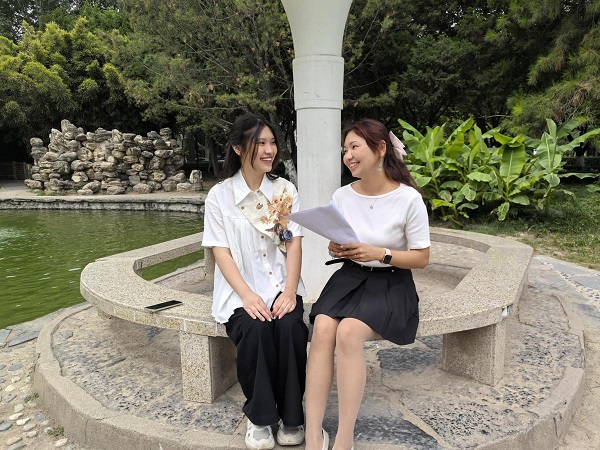Breakthroughs made in generation and conversion of α-carbonyl cations
Researchers at the School of Chemistry in Xi'an Jiaotong University based in Xi'an, capital of Northwest China's Shaanxi province, led by Professor Wang Youliang, have made a breakthrough in the generation and conversion of α-carbonyl cations.
The team has been focusing on the generation and conversion of highly reactive intermediates based on alkynes and has achieved significant progress in this area.
To address the key scientific challenge of the complex and hard-to-obtain precursor structures of α-carbonyl cations, the team proposed a research strategy that involves the protonation of alkynes to construct α-carbonyl cations.
Despite numerous challenges, the researchers successfully achieved the proton acid-catalyzed oxidative conversion of alkynes to produce α-carbonyl cations for the first time. This intermediate was then subjected to Wagner-Meerwein rearrangement to obtain a series of β, γ-unsaturated carbonyl compounds.
The team also explored the applicability of the substrates and investigated the order of group migration during the Wagner-Meerwein rearrangement.
Furthermore, the team achieved the direct oxidative conversion of alkynes to α-iodo-α-carbonyl cations using electrophilic iodine reagents (DIH).
Researchers from Chongqing University based in Southwest China's Chongqing Municipality, led by Professor Bai Ruopeng, conducted DFT theoretical calculations to investigate the mechanism of this reaction. The calculations verified the formation of α-carbonyl cations and α-iodo-α-carbonyl cations through N-O bond cleavage, and also studied the selectivity of group migration during the Wagner-Meerwein rearrangement and the α, β/β, γ-selectivity of the products.
The research findings have been published in the prestigious international chemistry journal Angewandte Chemie International Edition.

